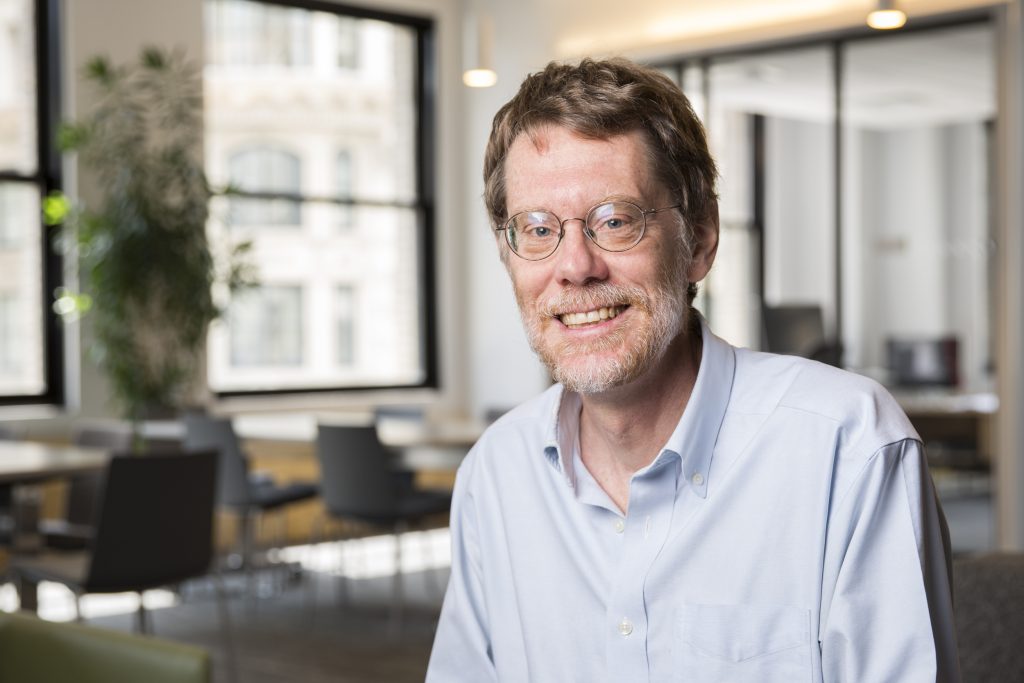
- This event has passed.
TYC Seminar: Moving in a dynamically changing free energy landscape: strain, heterostructure and optical control of the correlation-driven metal-insulator transition
Andrew (Andy) Millis, Director of the CCQ center, Columbia University and CCQ, the Flatiron Institute
Venue: K2.40, King’s College London
(https://www.kcl.ac.uk/core-assets/maps/floor-plans/strand-campus/kings-building/kings-building-gf-d.pdf)
30 October @ 4:00 pm – 6:00 pm

Abstract: A theory [1] of energy landscape in the space of electronic and lattice degrees of freedom is formulated for “Mott” metal-insulator materials is formulated and argued to resolve the long-standing question of the relative importance of electronic and lattice contributions in the Mott metal insulator transition. Moving beyond equilibrium, the theory is used to understand the physics of optically driven metal-insulator transitions. Atomic scale calculations at equilibrium and short times are used to define an energy landscape and the initial evolution of order parameters; longer times are accessed in terms of time dependent Ginzburg-Landau theories. The importance of the time dependence of the landscape is highlighted via modeling of experiments on photo induced superconductivity in the LBCO system [2,3] and the importance of electronic bottlenecks and of electron-lattice effects [4] are explored in the context of a study of ithe dynamics of the photo induced metal transition in Ca2RuO4
[1] A. Georgescu and A. J. Millis, Communications Physics 5, 135 (2022)
[2] K. A. Cremin, J. Zhang, C. C. Homes, G. D. Gu, Z. Sun, M. M. Fogler, A. J. Millis, D. N. Basov, and R. D. Averitt, Proceedings of the National Academy of Sciences 116, 19875 (2019).
[3] Z. Sun and A. J. Millis, Phys. Rev. X 10, 021028 (2020)
[4] A. Verma, D. Golez,…A. J. Millis and A. Singer arXiv:2304:02149
Bio: Andrew Millis was educated at Harvard, Cambridge University and MIT. He currently serves as Professor of Physics at Columbia University, and as the co-Director of the Center for Computational Quantum Physics at the Simons foundation’s Flatiron Institute, where he is also Managing Director. He is a Fellow of the American Physical Society and of the American Association for the Advancement of Science and a member of the U.S. National Academy of Sciences. He was awarded the 2017 Hamburg Prize in Theoretical Physics.
Organised by:
George Booth
george.booth@kcl.ac.uk
